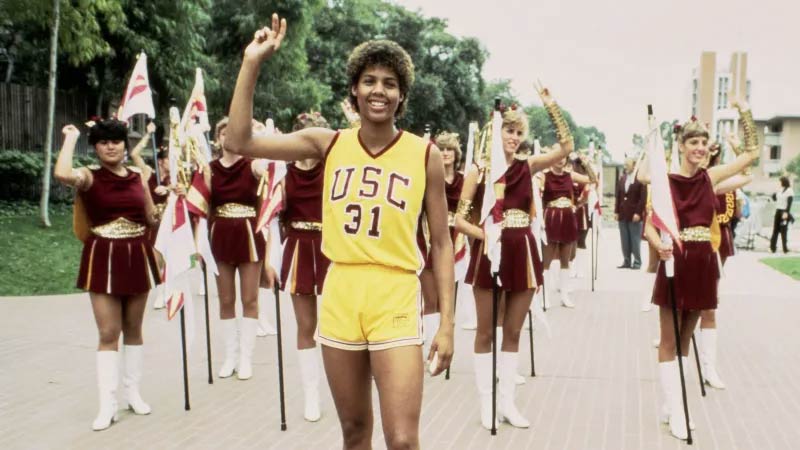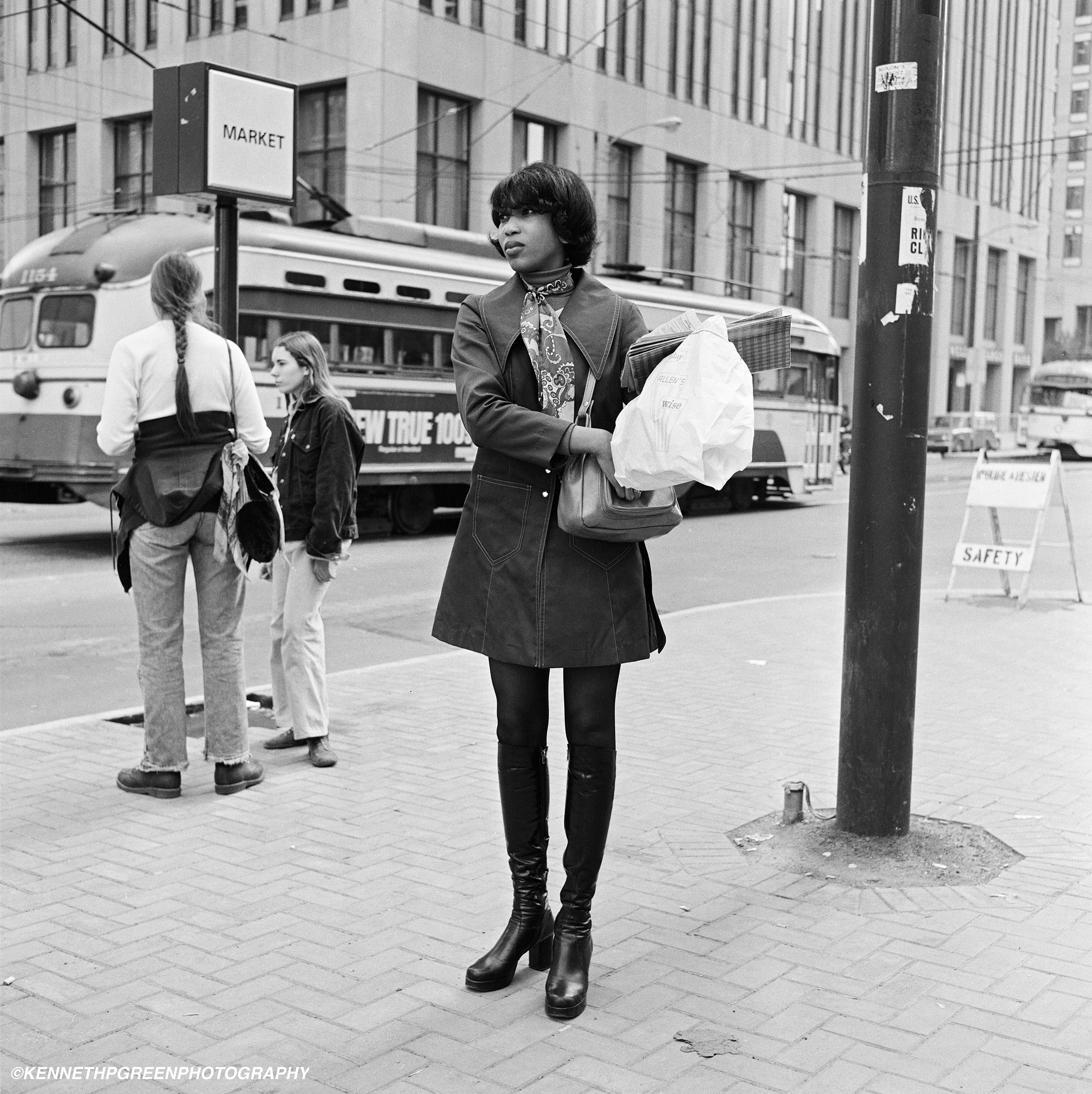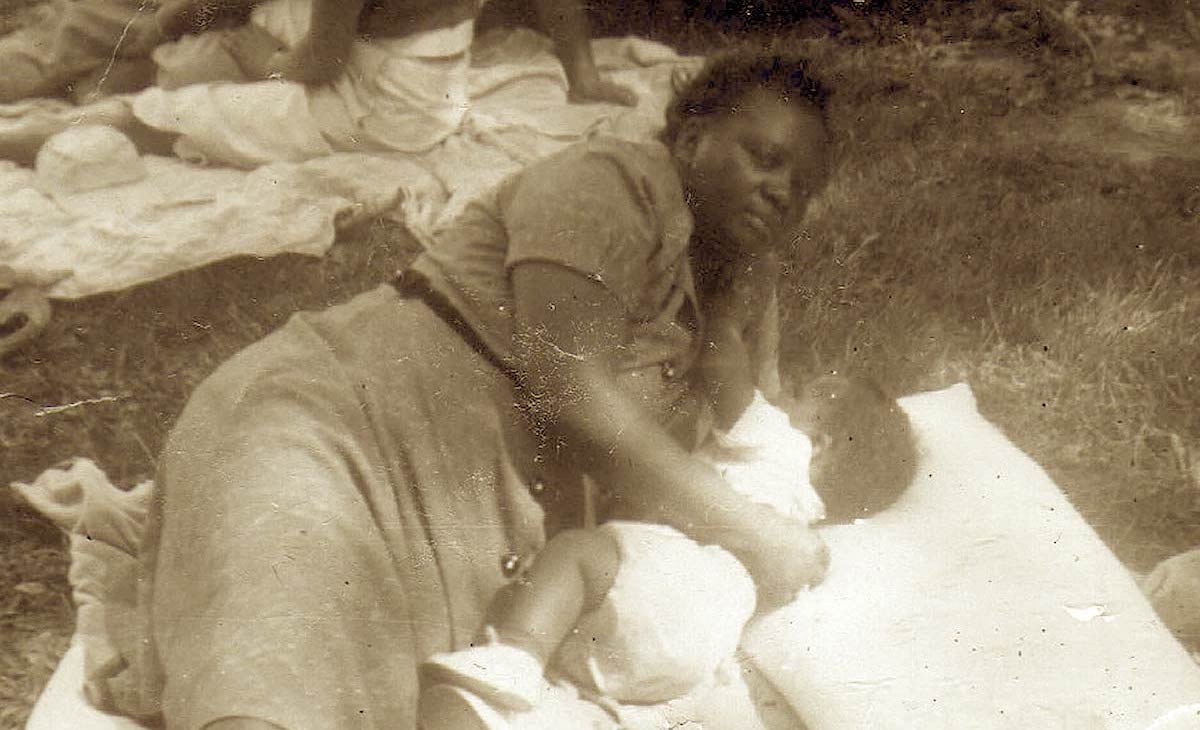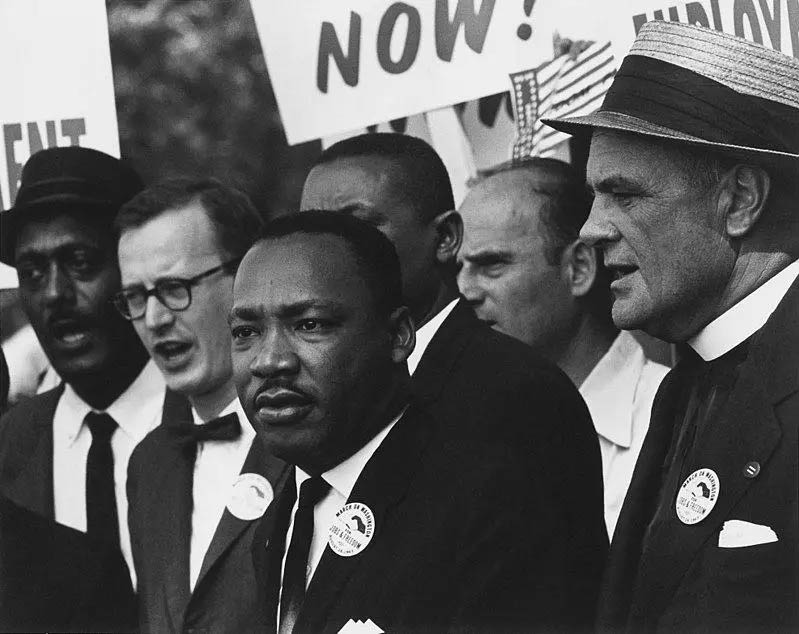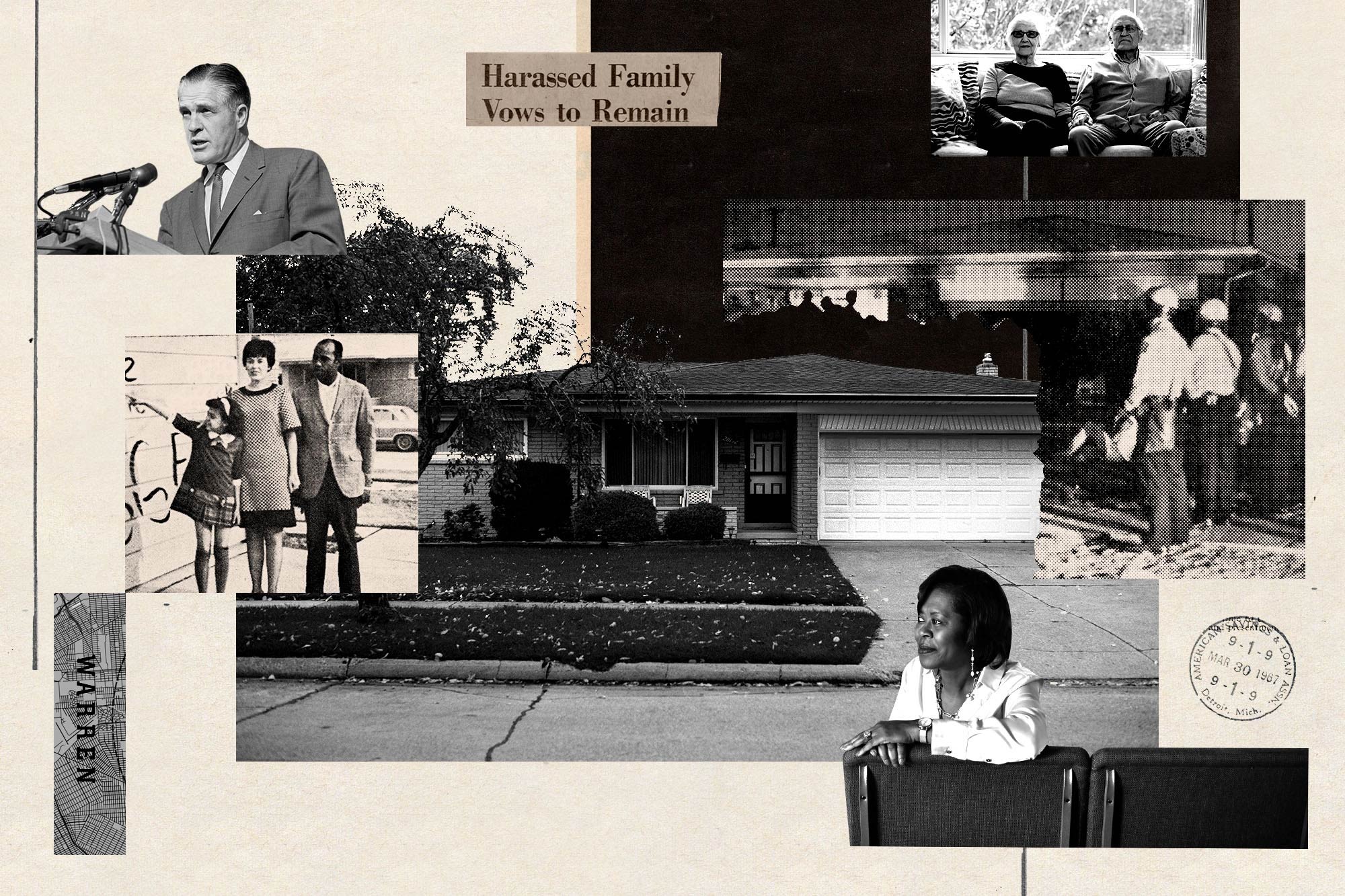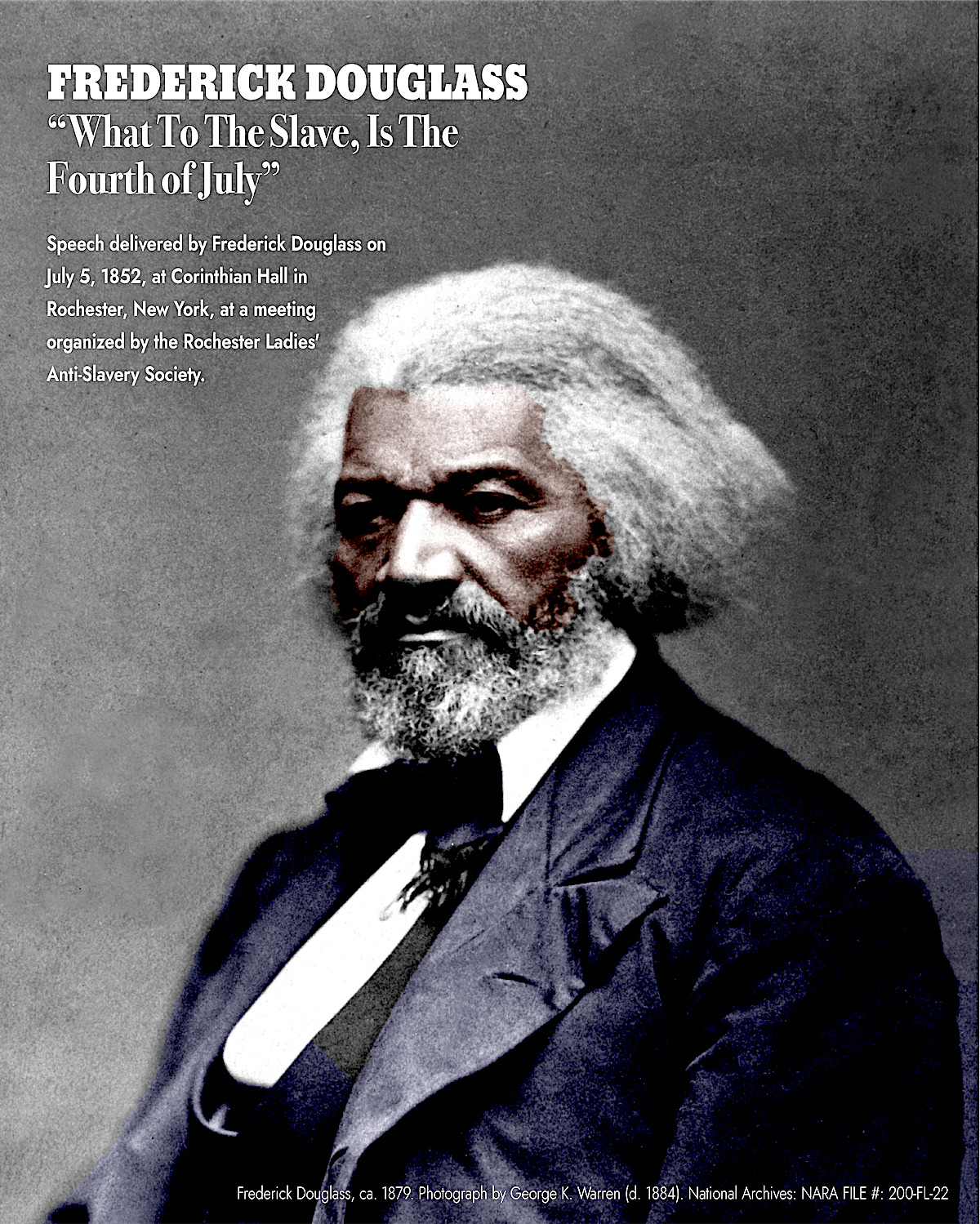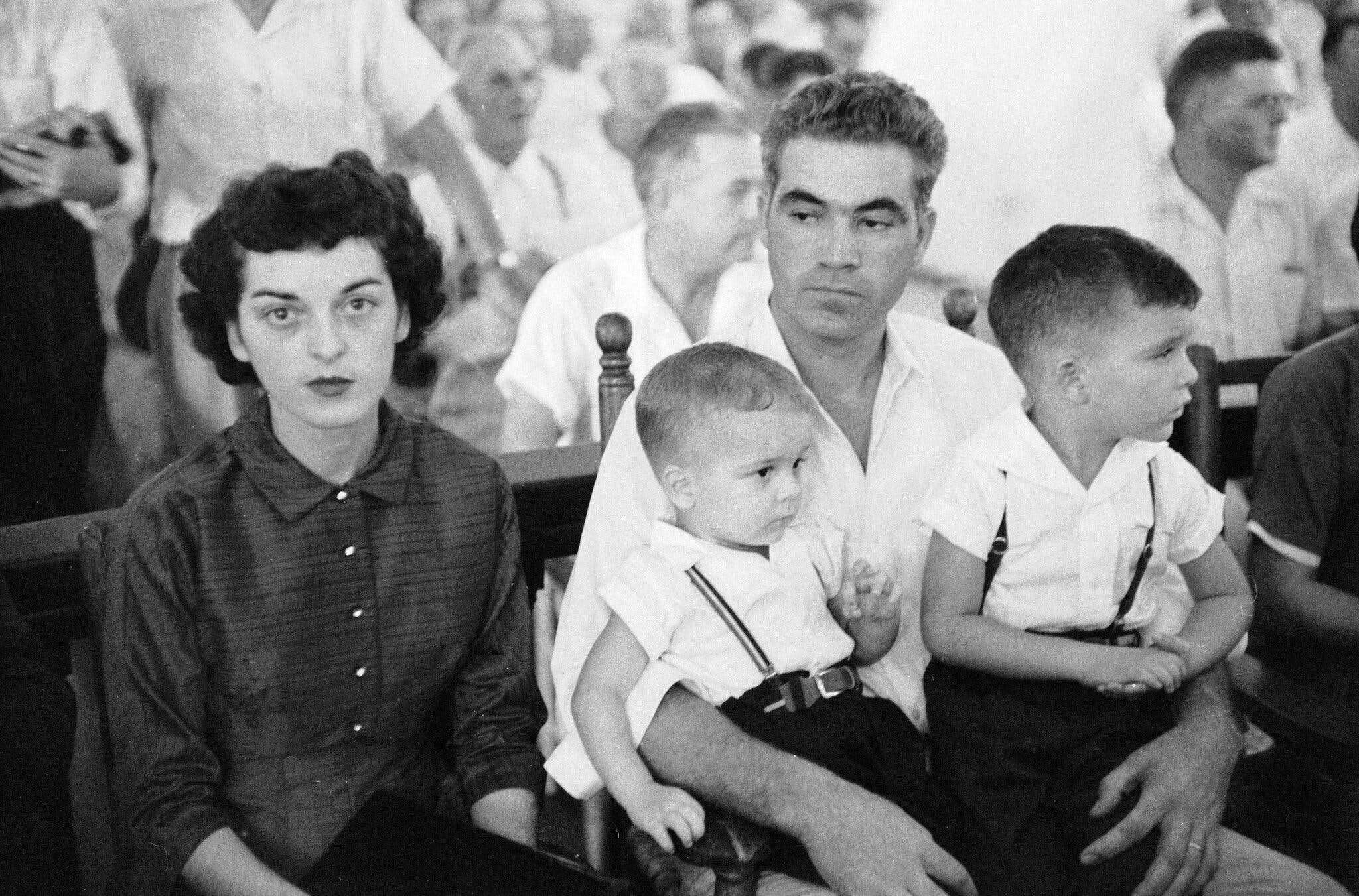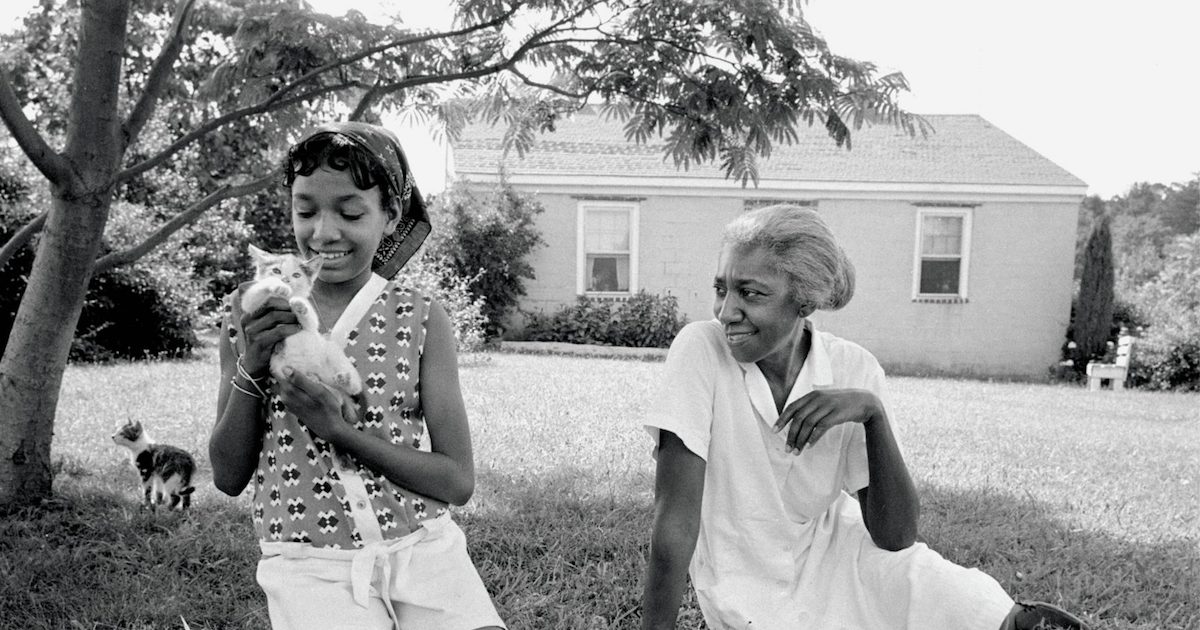The story of Ernest Thomas is a tragic example of racial injustice that occurred in the United States in the mid-20th century. Thomas was an African American man who was accused of a crime he did not commit and subsequently faced a horrific fate. By Uzonna Anele, Talk AfricanaPhoto, (From left) Lake County Sheriff Willis […]
View MoreCategory: African American History
Players from first all-Black All-American women’s basketball team reflect on making history in 1984
The 10 team members marveled over its meaning, then and now By Branson Wright, ANDSCAPEPhoto, USC All-American Cheryl Miller with USC flag team in 1984. Tony Duffy/Getty Images 1984 was packed with many firsts in women’s basketball. It was a year with a glimpse into the future of the game’s evolution, a year filled with […]
View MoreThe Oakland Tribune’s First Black Photojournalist Captured the ‘Black Aesthetic’ of the ’60s and ’70s
By Ariana Proehl, KQEDPhoto, Woman in downtown San Francisco on Market Street. (Kenneth P. Green Sr.) You know that curiosity that pops up sometimes when you’re in a gallery and you’re looking at a really good photo of a stranger? And the spirit of it, the everyday-ness of it, makes you want to know the person’s story? Were […]
View More‘World’s Richest Negro Girl’ inspired media ridicule, fascination, alarm
Sarah Rector was 11 when oil was discovered on her land in Oklahoma in 1913. Her sudden wealth became the object of racist news coverage. By Sydney Trent, Washington PostPhoto, Sarah Rector with her nephew, Chester E. Brown Jr., in 1960 (Family photo) Deborah Brown grew up calling her “Aunt Sister,” and she remembersher storied […]
View MoreHow New Yorker Howard Bennet fought to make Martin Luther King Jr.’s birthday a national holiday
By Andrew Berman, Village PreservationPhoto, Martin Luther King Jr. at the 1963 Civil Rights March on Washington, D.C. via Wiki Commons Fifty years ago, on April 4, 1968, Martin Luther King Jr. was shot as he stood on the balcony of the Lorraine Motel in Memphis, Tennessee. This ended the life of one of the 20th century’s […]
View MoreIn 1967, a Black Man and a White Woman Bought a Home. American Politics Would Never Be the Same.
“As farmers, we go out and as they say, we plant and pray,” Haynie said. “We plant a crop … we pray for rain; we pray for prices.”
View MoreTheir ancestors were enslaved and forced to work in the fields. Now, one family hopes to help alleviate hunger abroad by drawing from generations of farming knowledge
“As farmers, we go out and as they say, we plant and pray,” Haynie said. “We plant a crop … we pray for rain; we pray for prices.”
View MoreFREDERICK DOUGLASS“What To The Slave, Is TheFourth of July”
On July 5, 1852, Frederick Douglass was invited to address the citizens of his hometown, Rochester, New York. Whatever the expectations of his audience on that 76th anniversary of the signing of the Declaration of Independence, Douglass used the occasion not to celebrate the nation’s triumphs but to remind all of its continuing enslavement of millions of people. Douglass’s speech appears below.
View MoreCarolyn Bryant Donham Dies at 88; Her Words Doomed Emmett Till | The New York Times
She accused Emmett, 14, of accosting her, and her testimony led to the acquittals of her husband and his half brother in a murder that helped galvanize the civil rights movement.
View MoreEdna Lewis and the Black Roots of American Cooking – The New York Times
The chef and author made the case for black Southern cooking as the foundation of our national cuisine. Does she get the credit she deserves?
View More

